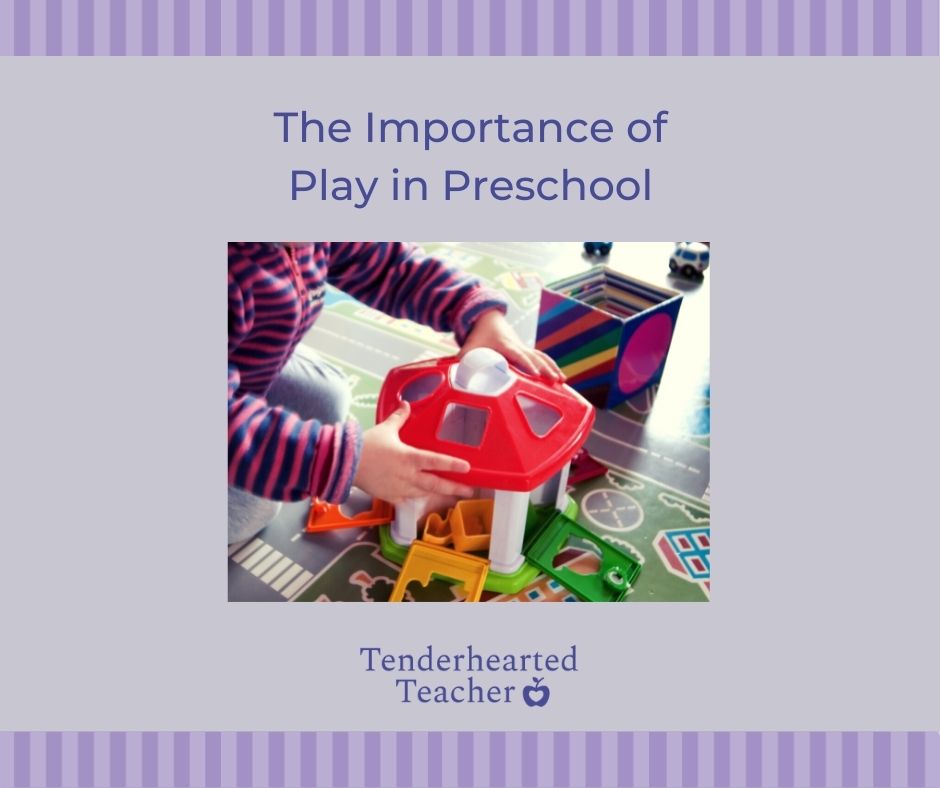
While I was in graduate school I found a quote in one of my textbooks. Ever since it’s really struck a chord with me. It’s become my go-to example to explain the importance of play in preschool. I actually print it out and hang it up in my classroom each year.
Play does not compete with foundational skills: through mature play, children learn the very foundational skills that will prepare them for the academic challenges that lie ahead.
(Bodrova & Leong, 2004, p. 10)
As a teacher I often hear questions from parents and even school administrators about play. They’ll ask about what academic skills or concepts a child is learning during a particular play activity. Sometimes people wonder if they are learning anything at all. But, the truth is playing and learning don’t have to compete. The act of playing is the act of learning!
In fact, play is of the utmost importance in early childhood.
But, Why is Play So Important in Preschool?
The American Academy of Pediatrics states, “Play is fundamentally important for learning 21st century skills, such as problem solving, collaboration, and creativity, which require the executive functioning skills that are crucial for adult success.”
Young children learn about the world around them through their personal experiences. That includes all of their hands-on play activities. For example, when a child is playing with sand, whether they are at the beach or using a sensory table in the classroom, they are learning concepts that will help them in school and in life.
How Your Child Learns Through Play
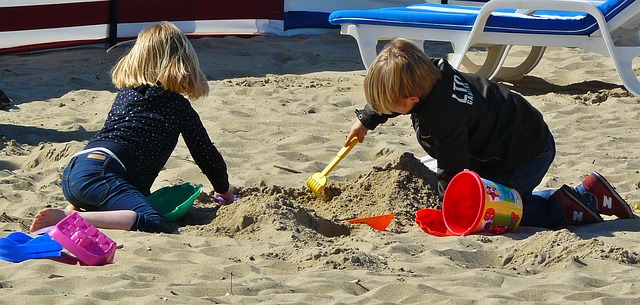
In the sand example, the child is learning to use their senses, experience new textures, and make discoveries and observations. They are also learning to problem-solve, plan and build, and develop fine-motor skills as they handle tools such as pails, shovels, and containers. They are even learning math concepts like how to weigh and measure as well as use terms like more and less.
To an outsider, it may look like it’s all fun and games. But, in reality, that child is doing a whole lot for their development.
So, next time you observe a preschooler engaged in play please remember the importance of this critical activity. Read more about how to encourage play here. And don’t forget that, through play, they are learning and developing just the way a child should!
Check out these similar posts:
- How to encourage academic skills through container play with items already found in your home!
- How to teach important early math skills using building blocks.
- Check out some of my favorite toys for preschoolers!
Now talk to me! How do you encourage your child’s learning through play? Share your comments or questions below.
References: Bodrova, Elena & Leong, Deborah. (2003). Chopsticks and Counting Chips: Do Play and Foundational Skills Need To Compete for the Teacher's Attention in an Early Childhood Classroom?. Young Children. 58. 10-17. Yogman, M., Garner, A., Hutchinson, J., Hirsh-Pasek, K., Golinkoff, R. M., Committee On Psychosocial Aspects Of Child And Family Health, & Media, C. O. C. A. (2018, September 1). The power of play: A pediatric role in enhancing development in young children. American Academy of Pediatrics. Retrieved October 2, 2021, from https://pediatrics.aappublications.org/content/142/3/e20182058.
SAVE THIS TO PINTEREST
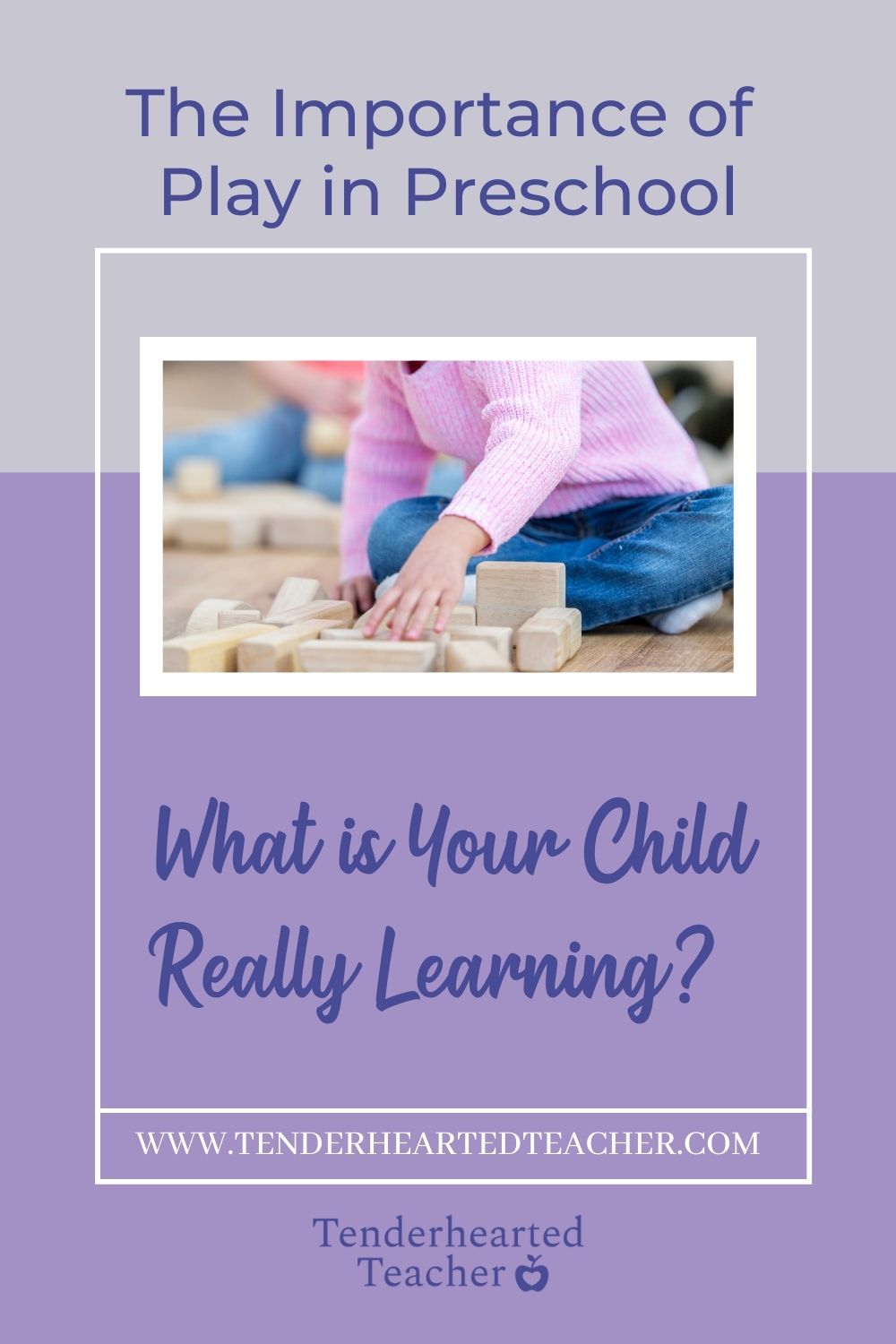
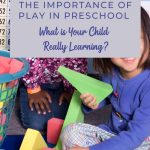
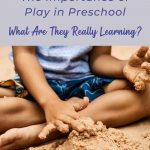
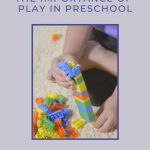
Great post!